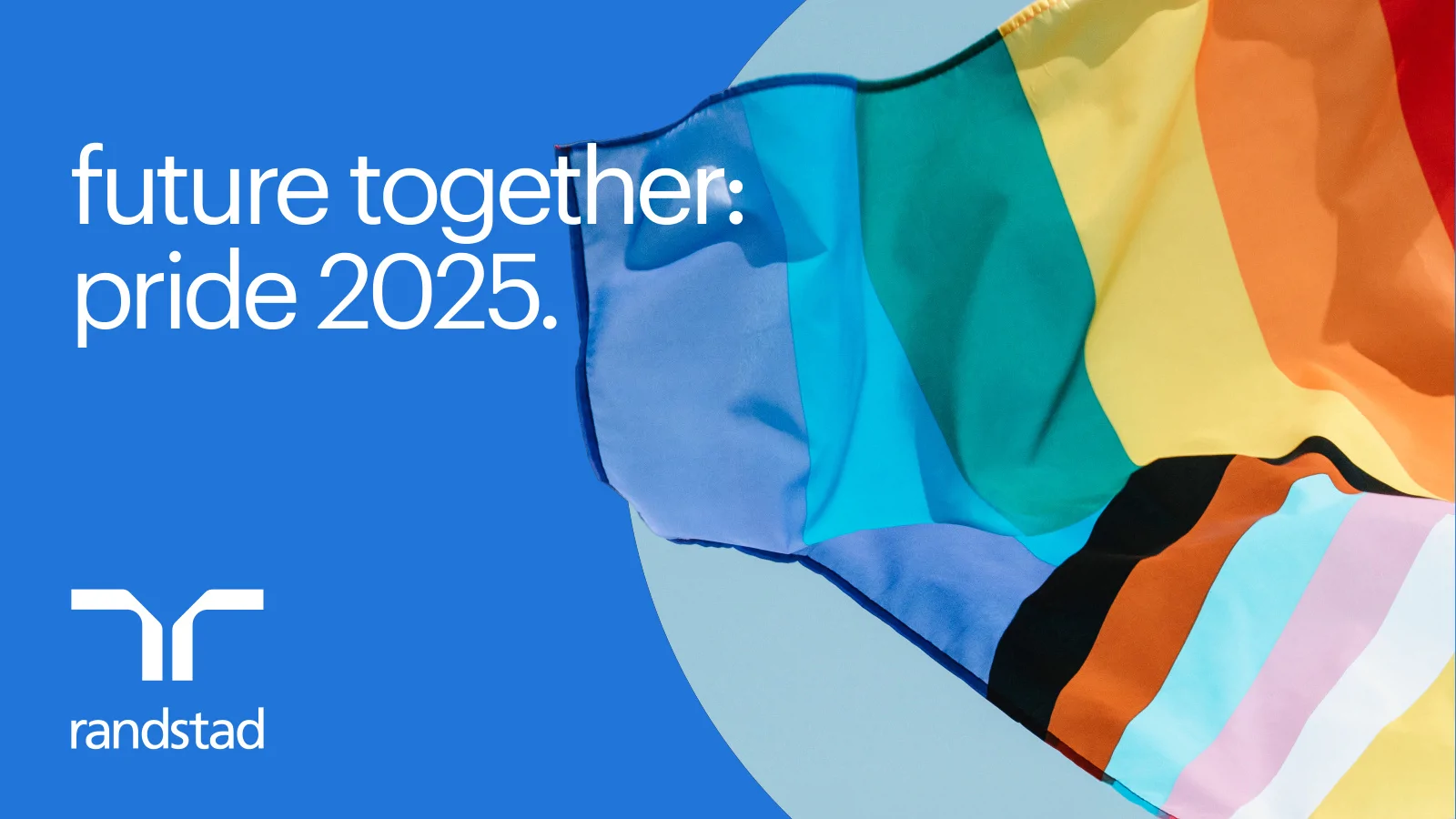Drop off your CV
At Pareto, we go above and beyond to find the right fit for both you and a prospective employer. Taking people of high potential and placing them in positions where they can excel.
At Pareto, we go above and beyond to find the right fit for both you and a prospective employer. Taking people of high potential and placing them in positions where they can excel.
Discover why true inclusion goes beyond symbols, offering strategic benefits for businesses. Belonging and psychological safety boosts talent attraction, retention, productivity, and innovation, especially for the LGBTQ+ community.

By Pareto Team

Pride Month is a time of celebration, reflection, and a powerful reminder of the ongoing journey towards equality and acceptance for the LGBTQ+ community.
While it's important to showcase support with visible gestures like rainbow flags, true inclusion goes far deeper than outward symbols. For businesses, creating a genuinely inclusive working environment isn't just about corporate social responsibility; it's a strategic imperative that profoundly benefits every aspect of the workplace, from talent attraction and retention to productivity and innovation.
A sense of belonging is paramount for all individuals in a workplace, and this is especially true for LGBTQ+ talent.
When employees feel they can bring their authentic selves to work without fear of judgment or discrimination, their engagement and performance soar. The latest Randstad Workmonitor 2025 report powerfully highlights this:
"More than 8 in 10 respondents say a sense of community helps them perform better".
A significant 55% of respondents would quit if they didn't feel they belonged, a notable increase from 37% a year earlier. Belonging is no longer a "nice-to-have" but a critical factor in talent retention.
Creating an inclusive environment means dismantling barriers and creating psychological safety. For LGBTQ+ individuals, this might involve ensuring non-discriminatory policies, providing gender-neutral facilities, offering inclusive healthcare benefits, and actively supporting LGBTQ+ employee resource groups.
It also means educating the wider workforce to challenge unconscious biases and promote understanding. When everyone feels safe, respected, and valued, the positive ripple effects are undeniable.
In a competitive talent market, companies known for their inclusive practices become magnets for diverse talent. LGBTQ+ candidates are actively seeking workplaces where they feel supported and can thrive. The Workmonitor 2025 states that:
"talent is more willing to seek jobs matching their expectations and mirroring their values".
When employees feel a strong sense of belonging, they are more motivated, committed, and productive.
"a strong sense of community drives productivity, while also supporting well-being in the workplace".
An inclusive environment also reduces the mental burden of "hiding aspects of themselves at work," which 62% of global talent currently report doing.
Diverse teams bring a wider range of perspectives, experiences, and ideas to the table, stimulating greater creativity and innovation. This can lead to new products, services, and solutions that better meet the needs of a diverse customer base.
Companies that genuinely champion diversity and inclusion build a positive reputation among employees, customers, and the wider community. This can translate into increased customer loyalty and a stronger employer brand.
High employee turnover is expensive, costing companies significant time and resources in recruitment and retraining. By building an inclusive environment where people want to stay, businesses can significantly reduce these costs.
While progress has been made, there are still significant gaps to address. Workmonitor 2025 reveals that regarding equity:
"59% say their organisation is not doing enough in this area."
This indicates a clear opportunity for employers to intensify their efforts beyond performative gestures. Only around half (49%) trust their employers to create an inclusive workplace culture where all colleagues can thrive. This trust gap shows a need for authentic commitment and tangible actions.
By prioritising a sense of community and belonging for all talent, businesses don't just do good; they build stronger, more innovative, and more successful organisations for the long term.
